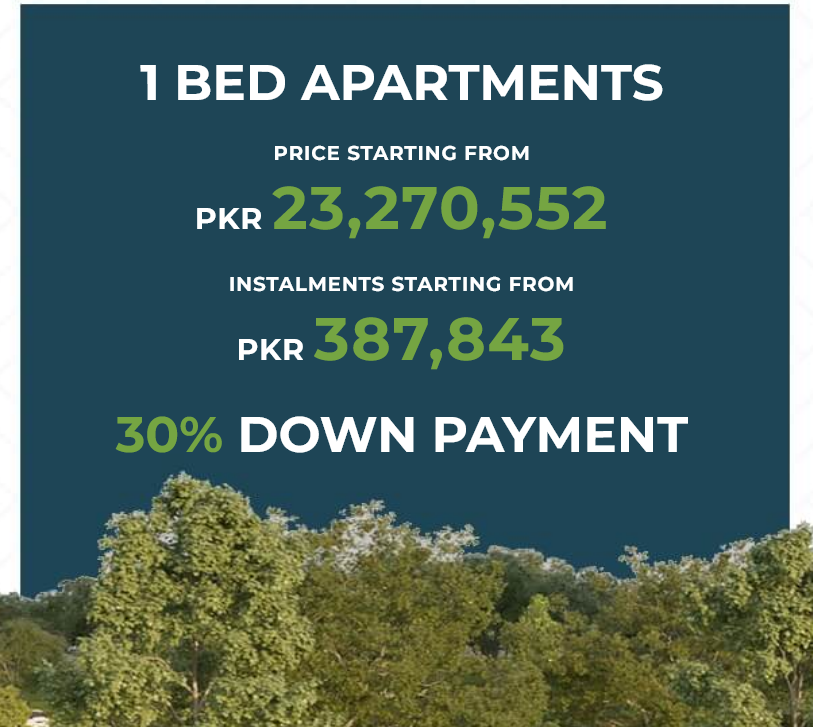When considering real estate investments, choosing between apartments and houses can be pivotal. Each type of property offers unique benefits, and understanding these can help you make a more informed decision. Here’s a comparative overview of the advantages associated with investing in apartments and houses.
Apartments: Generally, apartments are more affordable compared to houses, which makes them a more attainable option for many investors. The initial costs, including down payments and closing fees, are usually lower, allowing investors to enter the market with less capital.
Houses: Houses often come with a higher purchase price, which can require a larger down payment and higher closing costs. This can be a significant hurdle for those with limited investment funds.
Apartments: In apartment complexes, maintenance and management tasks are often handled by a homeowners’ association (HOA) or property management firm. This can reduce the hands-on responsibilities for investors, making it easier to manage multiple properties or focus on other ventures.
Houses: Investors in single-family homes are responsible for all maintenance and repairs. This can be labor-intensive and costly, requiring more time and effort to manage the property effectively.


Get Free Consultancy From Our Experts - We Dont Charge For Consultancy
Apartments: Apartments often attract a broad range of renters due to their affordability and location in urban centers. This consistent demand can lead to a reliable rental income stream. Apartments also tend to perform better in economic downturns compared to houses, as more people might seek rental options rather than homeownership.
Houses: While houses may offer higher rental income, especially in sought-after locations, the rental market can be more volatile. Economic fluctuations can impact demand, potentially affecting rental income stability.
Apartments: Apartments generally experience slower appreciation compared to houses. However, in growing urban areas where rental demand is high, they can still offer solid returns over time.
Houses: Houses often appreciate more quickly, particularly in desirable neighborhoods or with unique features. Over the long term, houses can offer significant value increases, making them a potentially more profitable investment.
Apartments: Selling an apartment can be simpler due to a larger pool of potential buyers. Although the profit margin might be smaller due to the lower purchase price, the sale process can be more straightforward.
Houses: The process of selling a house might be more complex and time-consuming, especially during market downturns. However, the potential for higher returns can compensate for the longer selling period.
Apartments: Typically located in urban areas, apartments offer proximity to amenities, transportation, and entertainment. This urban appeal can enhance rental demand and make the property attractive to a diverse tenant base.
Houses: Houses, especially those in suburban or rural areas, offer more space and privacy. This can be appealing to families or individuals looking for a quieter lifestyle, potentially making them a good long-term investment.
Both apartments and houses have distinct advantages that cater to different investment goals. Apartments provide a lower entry cost and less maintenance responsibility, making them suitable for investors seeking a more manageable property. Houses offer higher appreciation potential and greater rental income opportunities, though they may come with higher upfront costs and maintenance demands. Assessing your investment strategy, financial situation, and market conditions will help determine which property type best fits your investment objectives